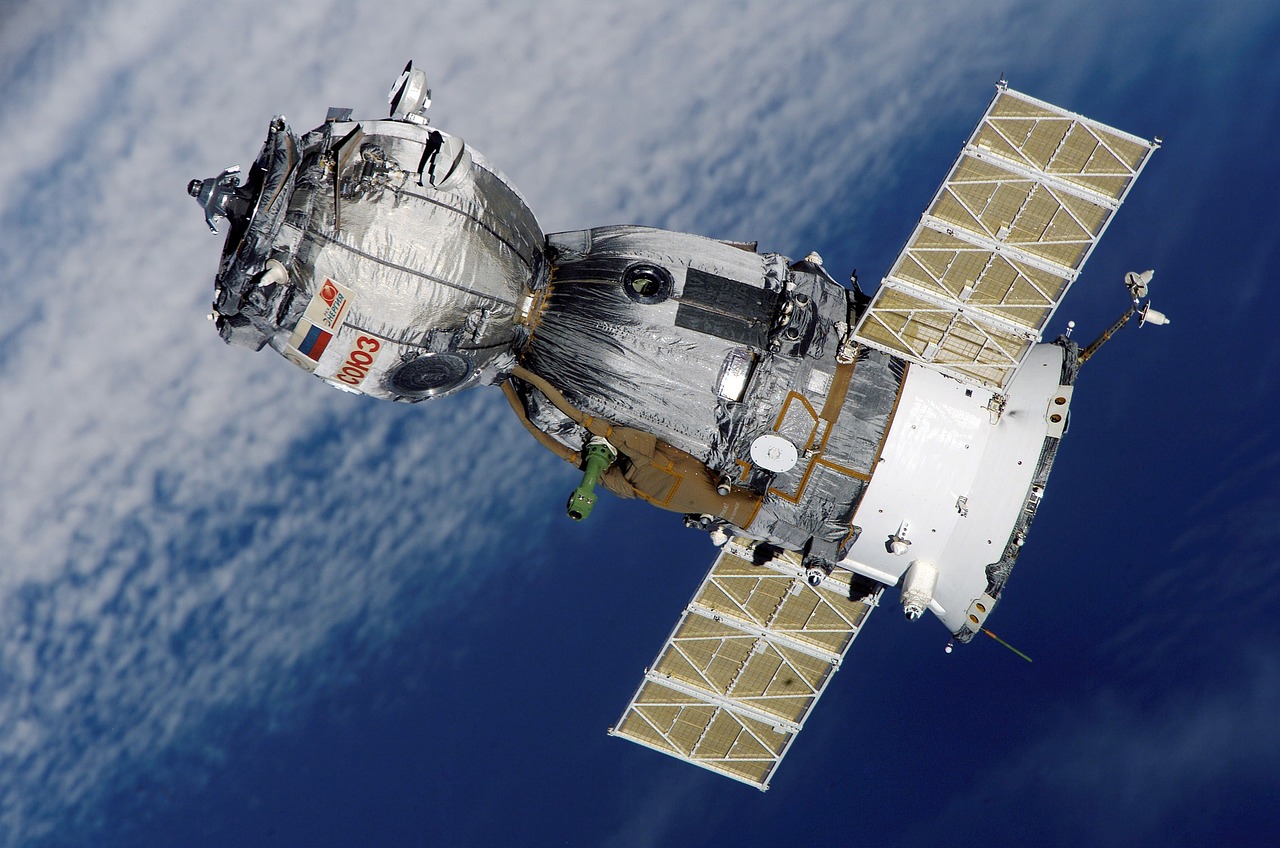Pioneering Travel via Space Tourism: A New Frontier in Exploration
Space, the final frontier, has always been a realm that sparks human curiosity and imagination. For decades, this vast expanse outside our planet has remained exclusive to astronauts and scientists. However, as technology evolves and our thirst for unique experiences grows, space tourism is becoming an intriguing possibility. This article delves into the history, current trends, and practical implications of space travel for tourists.

A Leap into the Cosmos: The Emergence of Space Tourism
The concept of space travel for leisure purposes was an idea of science fiction until the late 20th century. The first inklings of space tourism began with the efforts of private companies to develop commercial spaceflight capabilities. The first space tourist, Dennis Tito, embarked on his journey aboard a Russian spacecraft in 2001. Since then, several private companies have taken up the mantle to make space tourism a reality, marking an era of innovation and exploration.
Zero Gravity Expeditions: Current Landscape of Space Tourism
Space tourism is gradually transitioning from a dream to a reality. Companies like SpaceX, Blue Origin, and Virgin Galactic are leading the charge, each offering their unique approach. SpaceX’s Starship aims to transport humans to Mars, while Blue Origin’s New Shepard suborbital vehicle offers brief, thrilling jaunts to the edge of space. Virgin Galactic, on the other hand, plans to provide suborbital spaceflights for tourists as a regular service.
Exploring the Stars: Advantages and Challenges of Space Tourism
Space tourism presents a thrilling opportunity for adventure seekers. From experiencing zero gravity to witnessing the Earth from space, the possibilities are awe-inspiring. However, this novel mode of travel is not without its challenges. The cost of space travel is currently prohibitive for most, and the physical demands of spaceflight present health concerns. There’s also the issue of space debris and the environmental impact of rocket launches.
The Impact of Space Tourism: A New Perspective on Travel
The emergence of space tourism is altering our perception of travel and exploration. It’s no longer just about visiting new countries or immersing ourselves in different cultures. Instead, it’s about pushing the boundaries of human capabilities, redefining the concept of ‘getting away,’ and offering unparalleled perspectives of our home planet.
Traveling Among the Stars: Essential Insights
- While the cost of space tourism is currently high, experts predict that prices will decrease as the industry matures and technology improves.
- Health requirements for space travel are stringent, given the intense physical effects of lift-off and re-entry. However, companies are working on methods to make space travel safer and more comfortable.
- Private space companies are also addressing concerns about the environmental impact of space launches, with SpaceX, for example, pursuing reusable rocket technology.
- Space tourism could have significant economic benefits, including job creation and technological innovation.
In conclusion, space tourism represents a groundbreaking development in the world of travel. While challenges remain, the prospect of venturing beyond our atmosphere offers an unprecedented adventure, making space the next frontier in tourism. As this industry matures, it will undoubtedly continue to redefine our understanding of travel and exploration.




